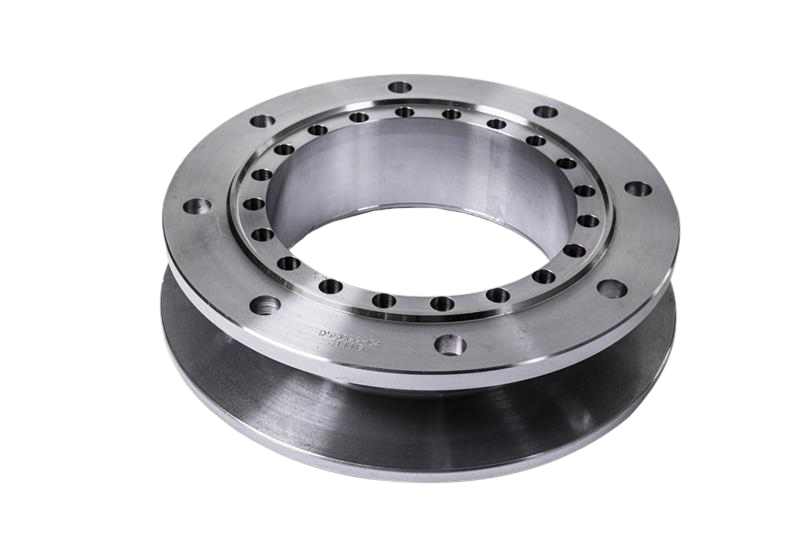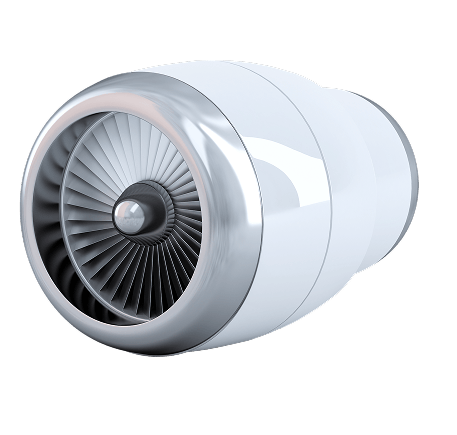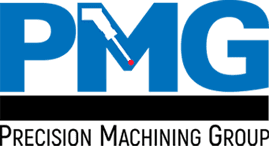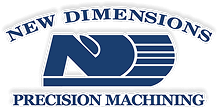FORGING EQUIPMENT & CAPABILITIES OVERVIEW
At Anchor Harvey, we provide the highest quality forged aluminum products made with precision, consistency, and unmatched detail that meet our customer’s needs with our state-of-the-art forging equipment and capabilities.
Operating with a century of experience in metal forging, our trusted team brings together deep industry knowledge, forging expertise, and innovative thinking to deliver high quality forgings and optimal results for your business. Discover how Anchor Harvey’s aluminum forging services can be the ultimate solution for your metal forming needs.
Press Equipment
For ultimate flexibility, Anchor Harvey uses a variety of forging presses to make any forged components our customers need.
Our press options include:
- 5,500-Ton Screw Press (#1)
- 5,500-Ton Screw Press (#2)
- 4,100-Ton Screw Press
- 2,100-Ton Screw Press
- 1,600-Ton Mechanical Press
- 1,300-Ton Mechanical Press
- 1,000-Ton Mechanical Press
Tool & Die Shop
Our in-house custom tool and die work enables our team to keep a consistent design throughout the production process. Customers can have confidence that new tools can be developed quickly, refined and retooled as needed, and rapidly replaced when necessary.
Anchor Harvey’s tool and die shop includes an entire suite of in-house machine tools – allowing our team to make forging dies customized for every customer order. Dies can also be reworked at any time during the production run, allowing for the ultimate in project flexibility throughout the process.
Aluminum Alloys
Anchor Harvey specializes in 100% domestically-sourced forging high-strength, lightweight aluminum precision products.
We offer several types of forged aluminum alloys for a variety of applications our customers need – from aluminum-alloy wheels and specialized defense components to aircraft-grade aluminum parts. The most commonly forged aluminum alloy components we develop are forged from:
- 2000 Series Aluminum
- 6000 Series Aluminum
- 7000 Series Aluminum
Forge Design Engineering
Our customers trust Anchor Harvey to deliver high-quality, precisely engineered forged aluminum components—designed in the exact shape and specifications they need. That trust is built on the expertise of our forge design engineering team.
From the initial sales inquiry through final delivery, our engineers are involved every step of the way. Early engagement allows us to guide critical design decisions, streamline timelines, improve part performance, and reduce material waste. Whether starting from a rough sketch, technical drawing, or detailed 3D model, we turn concepts into production-ready forged components with precision and speed.
Throughout the process, our engineering team maintains open communication and provides consistent feedback to keep every project on track, on spec, and on budget.
Heat Treating Process
Our proprietary in-house heat treating process is coordinated with the rest of the production process to ensure the correct option is used on all forged production pieces. Since heat treating can be done completely onsite, lead times are reduced and our engineers can track and adjust the process at any time.
Anchor Harvey’s on-the-go heat treating and solution heat treating process is consistently recognized by major OEMs as “the best of all worlds” for providing superior quality components. It delivers results that exceed ASTM standards with a 15% improvement in component properties.
Forged Aluminum Heat Treating Options:
- T4 (Solution Heat Treating and Naturally Aged) – T4 tempered alloyed aluminum parts are initially given a solution heat treating to lock in a grain structure and then left to sit at room temperature for a few days. This allows the metal to harden, but without disrupting the quick artificial aging process.
- T6 (Solution Heat Treating and Artificially Aged): T6 tempered alloyed aluminum parts are solution heat treated to initially harden the part and achieve a good grain structure and even solution of alloying elements.
- Other tempers are available—contact us to learn more or try our forging calculator to find the right specs.
Closed-Die Forging
Anchor Harvey’s in-house closed-die aluminum forging process is used for a variety of sized parts and components from ounces to pounds, and is primarily utilized to make complex shapes that require little to no after forging work – allowing our team to create any type of forgings our customers need.
Need to make an adjustment to a forged component? No problem-with our tool and die shop, we can rework dies at any time during a production run.
Magnesium Forgings
Anchor Harvey is actively exploring the potential of magnesium forging—working closely with customers on prototypes, testing our capabilities, and deepening our understanding of the industries that could benefit most from this advanced material.
As the first U.S. forging company to forge magnesium, we’re excited about the opportunities this lightweight, high-strength metal offers across markets like aerospace, defense, and high-performance motorsports. With its exceptional strength-to-weight ratio and sustainability benefits, forged magnesium holds promise for the future of precision components.
We’re committed to refining this capability and bringing it into our full offering in the near future.
Your One-Stop Partner for Forged and Machined Components
Anchor Harvey is more than a forging partner—we’re your single-source solution for fully finished components. With in-house machining and deep technical expertise, we can take your part from raw forging to final spec, helping you explore the best solutions along the way. This one-stop approach streamlines your supply chain, improves quality control, and gets you to market faster—with the confidence of a partner who’s with you from start to finish.
Featured Capabilities
Featured Capabilities
CAREERS













